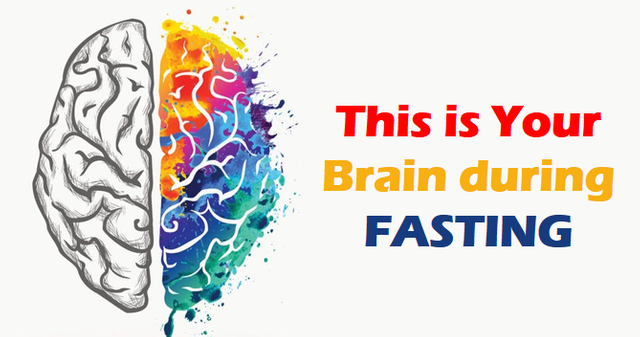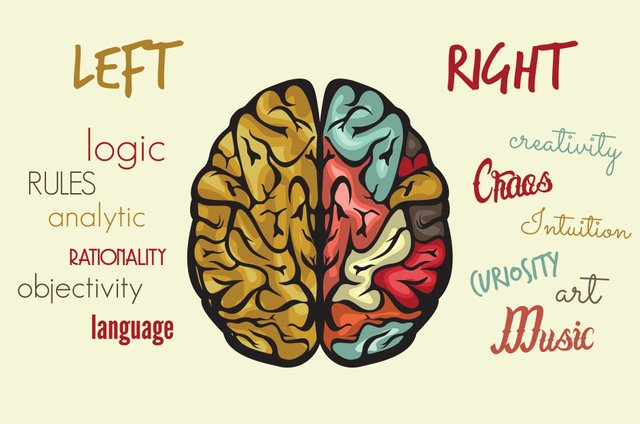The Neuroscience of Ramadan: How Fasting Benefits the Brain
The Neuroscience of Ramadan: How Fasting Benefits the Brain
For centuries, religion and science have been viewed as opposing forces. However, in recent years, there has been an increasing interest in the intersection between the two fields, particularly when it comes to the study of the human brain. One area of interest that has gained attention in recent years is the neuroscience of Ramadan, a religious observance that involves fasting from food and drink from dawn until sunset. While Ramadan is primarily a religious practice, scientific research has shown that fasting during this time can have a range of positive effects on the brain, from improved cognitive function to reduced inflammation. In this article, we will explore the neuroscience of Ramadan and how fasting benefits the brain, bridging the gap between science and religion.
Improved Brain Function
Studies have shown that fasting can lead to improved brain function. During the fasting period, the body uses its energy reserves, including glucose and fat stores. As a result, the brain must adapt to a reduced energy supply. In response, the brain activates various pathways that promote survival and conserve energy. These pathways have been shown to improve cognitive function, enhance memory, and increase focus.
One study conducted by researchers at the University of Houston found that fasting can increase the production of brain-derived neurotrophic factor (BDNF), a protein that plays a crucial role in the growth, maintenance, and survival of neurons in the brain. BDNF is known to promote the growth of new brain cells and strengthen existing ones, which is essential for learning, memory, and overall brain function.
Another study found that fasting can increase the production of ketones, molecules that are produced when the body breaks down fat stores for energy. Ketones have been shown to have neuroprotective properties and can improve cognitive function, especially in people with neurological disorders such as epilepsy and Alzheimer's disease.
Reduced Inflammation
Inflammation is a natural response of the immune system to injury or infection. However, chronic inflammation has been linked to a range of health problems, including cognitive decline, depression, and anxiety. Studies have shown that fasting can reduce inflammation in the body and brain, which can have a positive impact on overall brain health.
One study conducted by researchers at the University of Southern California found that fasting can reduce the levels of pro-inflammatory cytokines in the brain. Cytokines are signaling molecules that play a crucial role in the immune response and inflammation. High levels of pro-inflammatory cytokines have been linked to a range of neurological disorders, including Alzheimer's disease and depression.
Improved Mood and Emotional Well-being
Ramadan is also a time for increased spiritual reflection and prayer, which can have a positive impact on emotional well-being. Studies have shown that meditation and other mindfulness practices can improve mood, reduce stress and anxiety, and promote emotional well-being.
One study conducted by researchers at the University of Pennsylvania found that meditation can increase the production of gamma-aminobutyric acid (GABA), a neurotransmitter that plays a crucial role in regulating mood and reducing anxiety. Other studies have shown that mindfulness practices can reduce symptoms of depression and improve overall emotional well-being.
In conclusion,
the neuroscience of Ramadan demonstrates that fasting can have a range of positive effects on the brain. From improved cognitive function to reduced inflammation and improved emotional well-being, the benefits of fasting extend beyond physical health. As with any dietary or lifestyle change, it is essential to consult with a healthcare provider before making significant changes to your routine.



